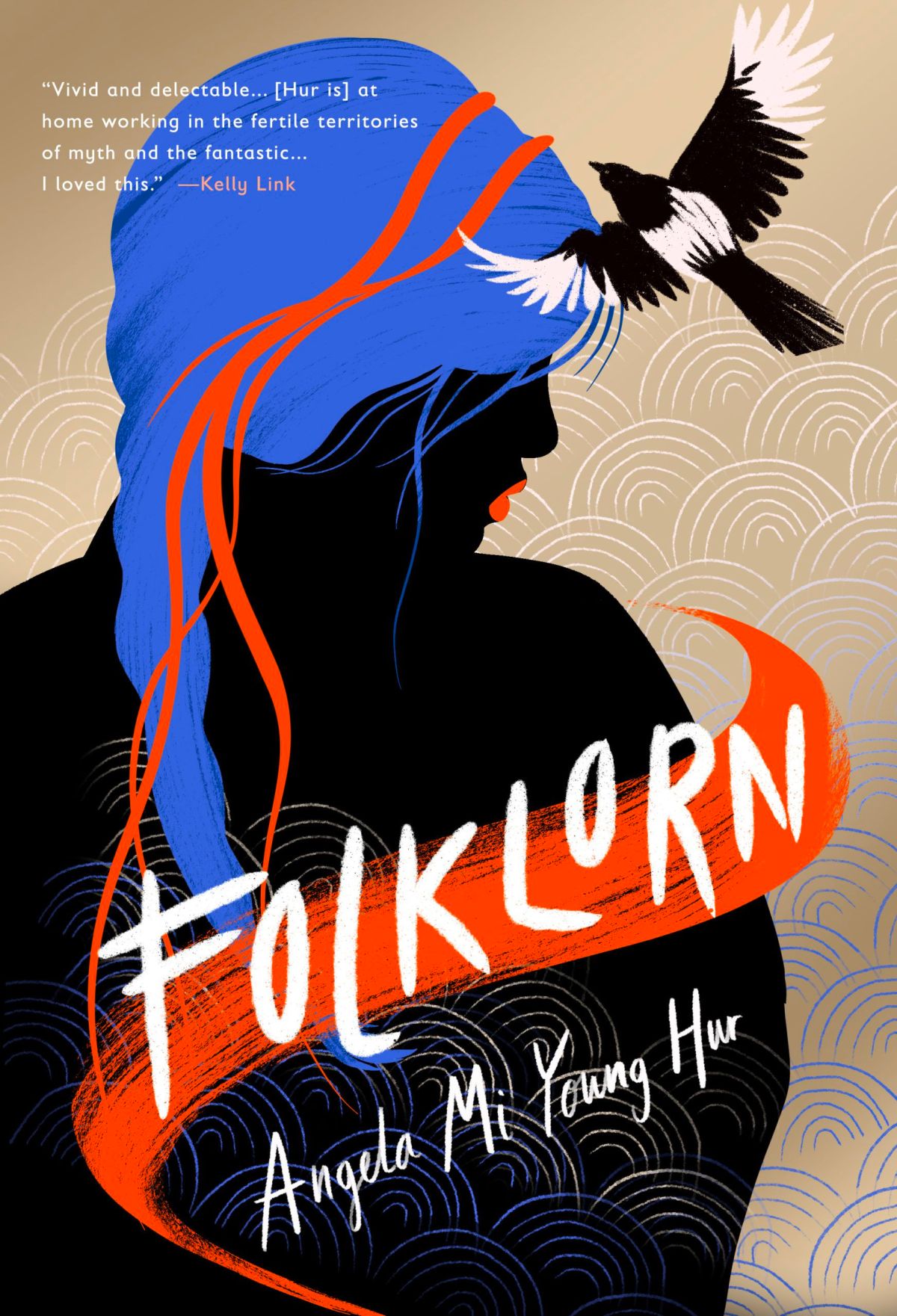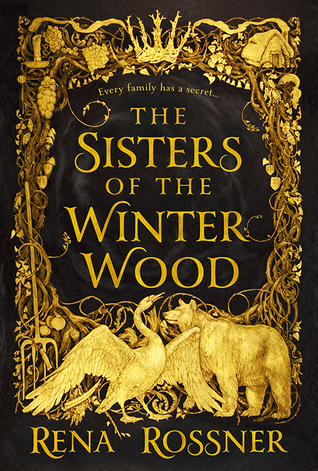Synopsis (From Goodreads)
Marissa Meyer, #1 New York Times-bestselling author, returns to the fairytale world with this haunting retelling of Rumpelstiltskin.
Long ago cursed by the god of lies, a poor miller’s daughter has developed a talent for spinning stories that are fantastical and spellbinding and entirely untrue.
Or so everyone believes.
When one of Serilda’s outlandish tales draws the attention of the sinister Erlking and his undead hunters, she finds herself swept away into a grim world where ghouls and phantoms prowl the earth and hollow-eyed ravens track her every move. The king orders Serilda to complete the impossible task of spinning straw into gold, or be killed for telling falsehoods. In her desperation, Serilda unwittingly summons a mysterious boy to her aid. He agrees to help her… for a price. Love isn’t meant to be part of the bargain.
Soon Serilda realizes that there is more than one secret hidden in the castle walls, including an ancient curse that must be broken if she hopes to end the tyranny of the king and his wild hunt forever.
My Review
4 out of 5 stars
Marissa Meyer’s strength is definitely in the fairy tale retelling department. Here she chooses to tackle the legend of Rumpelstiltskin, which isn’t a retelling I have encountered previously. There’s a bit of a supernatural twist to this Rumpelstiltskin and I certainly enjoyed the vibes. The overall tone of the book is actually kinda spooky, and it’s a shame this book comes out in November. I think it would be a great October time read. Anyway, it’s not strictly Rumpelstiltskin, as it also incorporates the Wild Hunt as well. The Wild Hunt emerges every full moon to hunt and collect beasts and call to mortals vulnerable to their draw, whisking them away forever. The King that takes our heroine Serilda away is the leader of this hunt. His castle fits the spooky vibes of the book, creating a dark and atmospheric tale. I really liked the setting and atmosphere; it was what sold the book to me. The King is also a great villain character, though he takes a little bit to actually build. This is in part though to the villain being integral to the world, and the world is rich so it also takes awhile to develop. Mrs. Meyer is really good at writing villains as there hasn’t been a bad one yet from her.
The romance in this book is nothing you won’t expect, but it wasn’t as cute as Ms. Meyer’s usually are. Maybe it’s because this book is a little darker and has more going for it. Another slight drawback for me were the side characters, as they didn’t connect with me as much as they usually do. The side characters also come and go in this story, so when they came back I forgot who they were. But this was also in part to where my personal interest was in the story, so the side characters appearing took away from it.
This is a first book in what I think is a duology. In any case there is a followup book; this is not a standalone which is what I thought when I first went into it. The ending definitely leaves more to explore. I’m looking forward to it, and hoping it will sell the romance and side characters to me a little more. It’s a good thing more books are coming.
Thank you to the publisher for providing a free eARC via Netgalley. All opinions are my own.
See this review on Goodreads.










